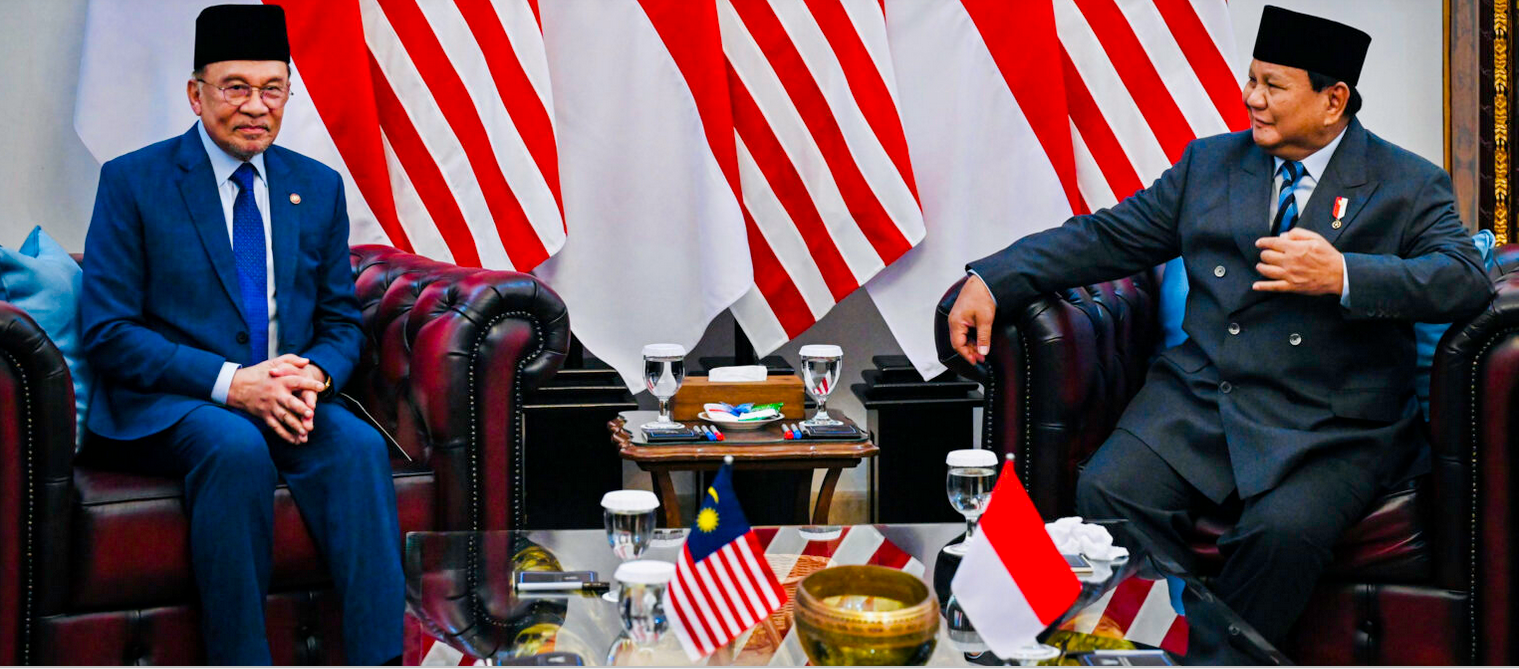Financial System Stability in Q2 Remains Normal: Sri Mulyani

Finance Minister gives a press statement after a limited meeting some time ago. (Photo by: Archive of Cabinet Secretariat)
Financial system stability in the second quarter this year remains normal; yet, vigilance continues to be increased amid the COVID-19 pandemic, according to Indonesian Minister of Finance Sri Mulyani.
Sri Mulyani, who is also chairperson of the Financial System Stability Committee (KSSK), also pointed out that the KSSK uses all periods in the second quarter to see all components that affect the country’s financial system stability in the second quarter this year.
“The pandemic has made economic growth both at local and national levels experience contraction and corrections to global and national economic growths have come into effect, particularly in the second quarter. The possibility of a second wave (of the pandemic) occurring in various countries that have already re-opened their economies and no certainty regarding when vaccines will be found and distributed have led to uncertainty in the dynamics of national and global economy,” she said in a virtual press conference, Wednesday (5/8).
The Minister also noted that various international institutions have made sharp corrections from global economic projections, for example, the International Monetary Fund (MF) which estimated that global economic growth will contract by -4.9% in October.
The World Bank, she added, has also corrected global economic growth to -5.2% for 2020, while the Organization for Economic Cooperation and Development (OECD) projected the range between -7.6% and -6 %, she added.
The Central Statistics Agency (BPS) has reported that Indonesia’s economy in the second quarter contracted by -5.32%, which is much lower than that of last year at 5.05%.
The contraction was affected by economic activity which saw a sharp decline in April and May. However, the KSSK argued that there had been an improvement in June or reversal from the trend and it is expected to be maintained in the third quarter, she added.
The measures taken by the monetary fiscal authority and in this case from the financial sector by the Financial Services Authority (OJK) and the Deposit Insurance Corporation (LPS), according to Sri Mulyani, are by taking into account economic dynamics and potential impacts on the country’s financial system stability.
“In addition to analyzing existing data, the KSSK continues to formulate and establish policies to help minimize the negative impact of the COVID-19 pandemic on economic activities and on financial sector, provided that changes are necessary in line with developments in the economy and financial sector,” she said. (MoF PR/EN)
Translator: Muhardi
Reviewed by: M. Ersan Pamungkas








